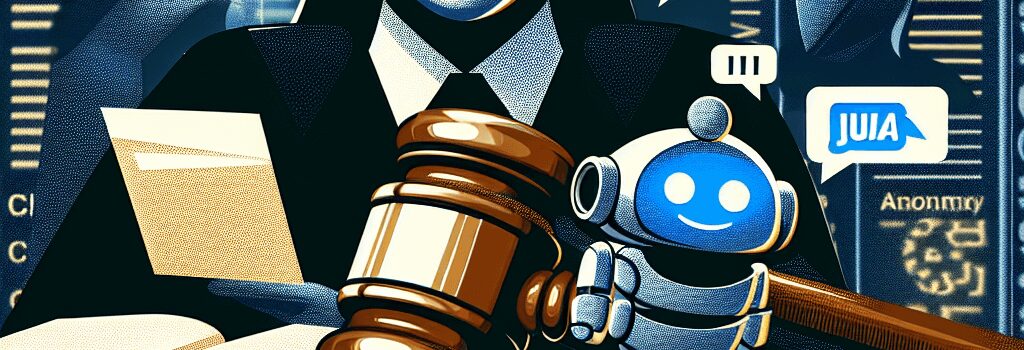Judge Lets Lawsuit on Google’s Chatbot Role Move Forward

In a landmark decision on May 22, 2025, U.S. District Judge Anne Conway declined Google’s motion to dismiss a lawsuit brought by Megan Garcia, whose 14-year-old son, Sewell Setzer III, died by suicide after interacting with Character.AI chatbots. The ruling opens the door for discovery into Google’s alleged involvement in designing and integrating its large language models (LLMs) into the Character.AI platform, potentially setting a new legal precedent for AI liability.
Background of the Case
Garcia’s complaint alleges that Character.AI co-founders Noam Shazeer and Daniel De Freitas began developing their chatbot system while employed at Google, utilizing internal resources before departing in 2021 to found Character Technologies. According to court filings, Google internally flagged their prototype as too “dangerous” to meet its AI Principles on safety and fairness, yet allegedly continued to supply components—ranging from pre-trained embeddings to fine-tuning pipelines—through Google Cloud’s AI Platform.
Allegations Against Google
- Design Contribution: Garcia claims Google provided API endpoints, data-processing modules, and personnel who helped integrate Google’s LLM into the Character.AI app.
- Unjust Enrichment: Conway found it plausible that Google benefitted from access to millions of Character.AI user sessions—potentially including minor user data—driving revenue growth ahead of its own Gemini releases.
- Aiding and Abetting: The complaint asserts Google had “actual knowledge” of safety red flags yet allowed a defective product to reach vulnerable teens.
Technical Integration and Model Architecture
Expert analysis from Dr. Alan Thompson, a computational linguist at MIT, indicates that Character.AI’s core model closely mirrors Google’s internally codenamed Gemini-1.5 architecture. Key technical specifications alleged in filings include:
- Model size: ~70 billion parameters
- Training data sources: Common Crawl, Reddit dialogues, proprietary conversational datasets
- Safety mechanisms: Reinforcement Learning from Human Feedback (RLHF), heuristic-based content filters, and real-time monitoring
According to deposition excerpts, Google Cloud AI Platform facilitated both pre-training and fine-tuning stages, offering TPU-v4 pods, custom training containers, and managed dataset warehousing. Garcia’s team argues these contributions qualify Google as a co-creator under product liability law.
Data Privacy and Ethical Implications
The lawsuit raises urgent questions about data collection ethics. Character.AI marketed its service as child-friendly and collected user inputs—text, metadata, and even voice logs—ostensibly for safety research. However, Google allegedly gained backend access to this trove under a $2.7 billion licensing deal. Privacy experts warn that mixing under-13 data with general LLM training risks violating COPPA and GDPR minors’ provisions.
Legal Precedent and Future AI Liability
Judge Conway’s decision to let unjust enrichment and aiding-and-abetting claims proceed could shape AI governance. Legal scholar Prof. Erika Chen of Stanford Law School comments, “This ruling recognizes LLM outputs as potentially defective in a products-liability context, sidestepping early First Amendment defenses. It signals that AI developers may be held accountable for foreseeable harms.” As jurisdictions worldwide draft AI regulations—such as the EU AI Act and pending U.S. AI Oversight bills—this case will be watched closely.
Expert Opinions on AI Governance
“We need standardized safety certifications for large language models, akin to medical device approvals,” says Dr. Marcus Liu, Director of the Center for Ethical AI at Berkeley. “Without clear third-party audits, it’s nearly impossible to assign accountability when things go wrong.”
Next Steps and Implications
With most claims intact, discovery will probe internal emails, source-code commits, and cloud billing records. Google must either demonstrate that Character.AI’s models diverge substantially from its own Gemini technology or disprove that it profited from user data. Character Technologies has until summer 2025 to amend its First Amendment defense, potentially clarifying whether LLM outputs qualify as protected speech.
Categories: AI & Machine Learning, Tech News, Cloud Computing